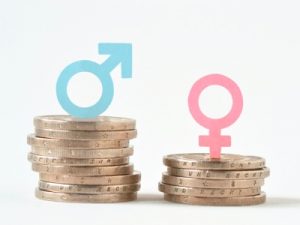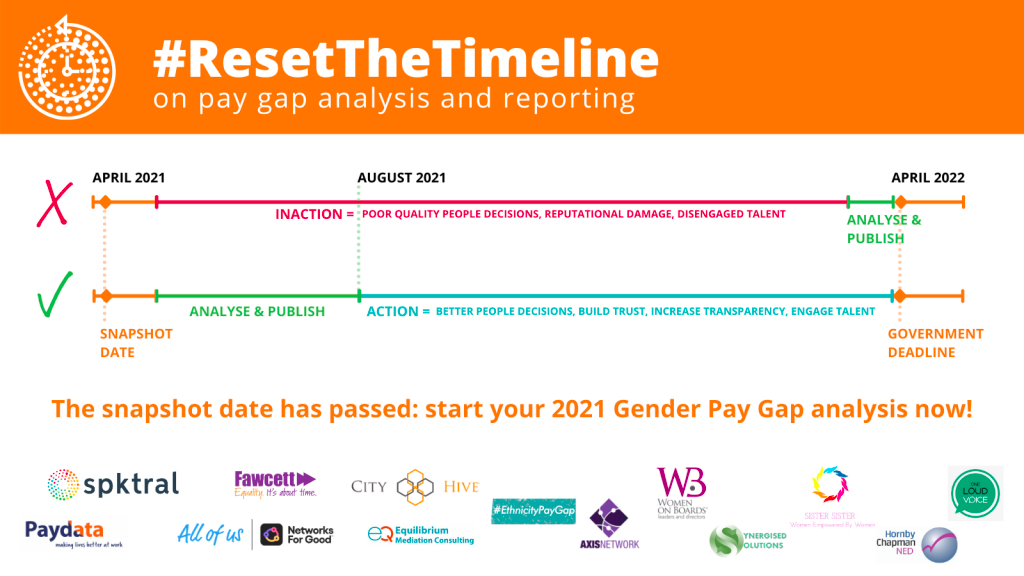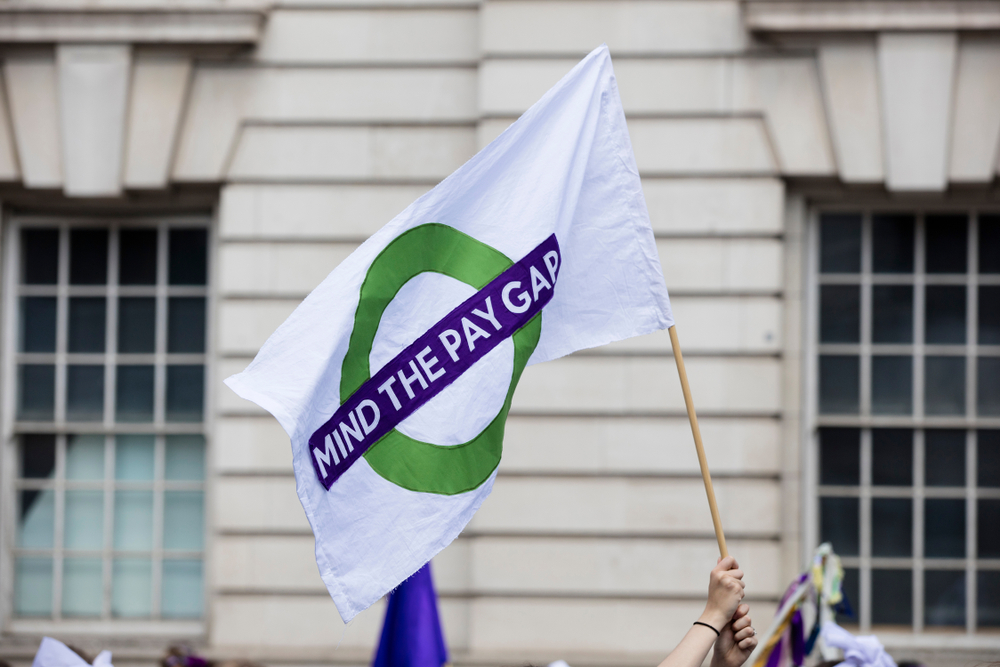 What is the Gender Pay Gap?
What is the Gender Pay Gap?
The gender pay gap is the difference between a man and woman’s average weekly earnings, based on equivalent hours and job roles.
The 2020 mean gender pay gap is 6.5 per cent and the median gender pay gap is 15.9 per cent. In monetary terms, the mean hourly difference in ordinary pay is £1.65 and the median hourly difference is £4.04.
 A guide to: Gender Pay Gap Reporting
A guide to: Gender Pay Gap Reporting
The gender pay reporting regulations came into force in April 2017, and require all employers with 250 or more employees to measure and report their gender pay gaps for the first time.
Women currently earn around 15 per cent less on average than men, despite continued efforts to remove barriers in the workplace. Employers have a critical role to play to help close the gender pay gap.
 Gender Pay Gap Reporting: What employers need to know in 2021
Gender Pay Gap Reporting: What employers need to know in 2021
The requirement for businesses to publish gender pay gap reports was cancelled in 2020 due to COVID-19. However, gender pay reporting is back on the agenda for 2021, so is there anything new that employers need to know?










